The cost of green energy: lithium mining’s impact on
nature and people
Head of the environmental unit of Chile's Atacama Indigenous Council, Francis Mandoca, states that lithium mines ruin one zone to satisfy another.
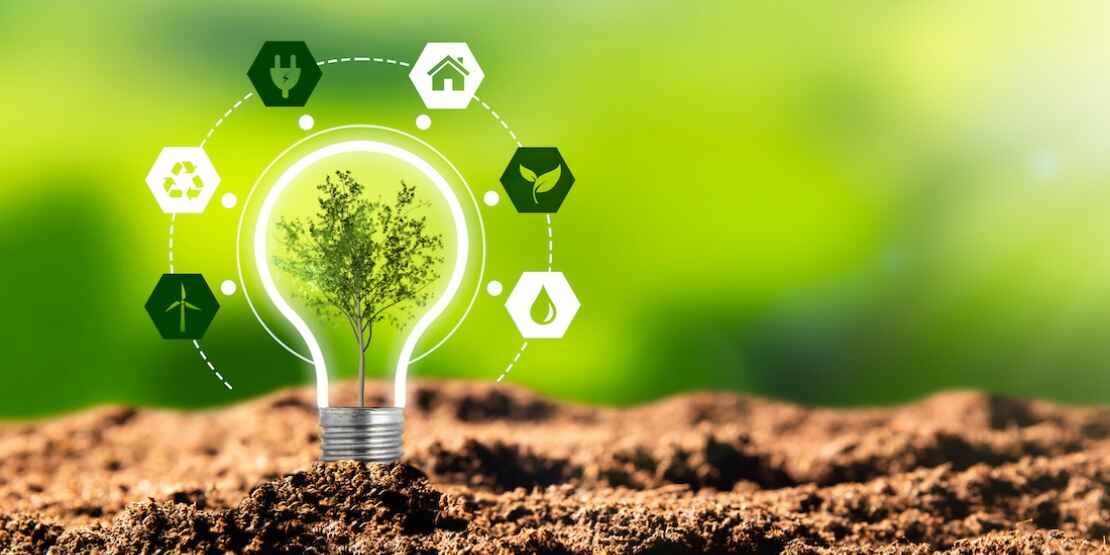
AUG 08,2024
The global advocacy for clean energy, exemplified by the rising demand for lithium, has created unsettling realities in South America. The transition to lithium-ion batteries signifies a step towards sustainability, yet it does not come without cost. While we applaud the strides toward a greener future, it is important to acknowledge the challenges involved with the production of these clean energy solutions.
Ecological devastation is a bleak reality
The environmental fallout from lithium mining is clear and far-reaching. Massive quantities of fresh water, classified as a precious resource in these arid regions, are diverted for lithium mining operations, fueling the salt flats brine. This leaves local communities and wildlife parched. Sulfuric acid and sodium hydroxide used in lithium extraction penetrate the soil and water, poisoning ecosystems and endangering species. Research from the journal Proceedings of the Royal Society shows that two flamingo species in Chile are threatened because of lithium mining.
Deforestation, habitat destruction and water pollution further exacerbate the ecological toll. The delicate balance of nature is disrupted, which leaves long-lasting damage that takes generations to heal. The carbon dioxide and other greenhouse emissions that come with the process of lithium mining, extraction and overall production are worse for the climate than the production of fossil fuel-powered vehicles. A study from The Wall Street Journal in 2019 revealed that 40% of the total climate impact caused by the production of lithium-ion batteries comes from the mining process itself.
Indigenous communities are under threat
The indigenous people of South America are negatively impacted by lithium mining, and the practice has driven hundreds off the land that they once called home. Mining giants in the region originally pledged to consult indigenous communities over lithium mining on their land to make sure it was environmentally sound. However, these corporations have refused to give indigenes a voice in how they are operated. Community leaders have rightfully demanded profits be channelled their way.
The indigenous community in the Chilean Atacama desert has two mining companies situated there. The head of the environmental unit of the Atacama Indigenous Council, Francis Mandoca, has said that the lithium mines are branded “sustainable” energy but they are not, as they ruin one zone to satisfy another. The community feels frustrated and concerned because the ponds they used to use have been contaminated with harmful chemicals and are now unusable.
Sustaining ecological preservation
Indigenous peoples play a pivotal role in ecological preservation due to their deep-rooted connection with the land and the wealth of generational knowledge they possess. Across centuries, they have cultivated a profound understanding of ecosystems, plants and wildlife, passing down valuable wisdom through generations. This traditional knowledge serves as a repository of sustainable practices, helping to preserve biodiversity and maintain delicate ecological balances. Their holistic approach incorporates spiritual beliefs, ethics and rituals, ensuring the preservation of natural habitats.
In Chile, the displacement of indigenous peoples disrupted these holistic practices, leading to a drastic decline in nearby pond fish, endangering the flamingo species in Salars De Atacama.
In light of all these challenges, balancing the global demand for lithium with the preservation of South America’s environment and the well-being of its indigenous communities is not only a moral imperative but a necessity for a harmonious and sustainable future. It is a stark reminder of the urgent need for sustainable practices and the protection of both nature and human rights.
Reference by:- Mining Technology
More Relevant

Mining Technology
The cost of green energy: lithium mining’s impact on nature and people
News
Head of the environmental unit of Chile's Atacama Indigenous Council, Francis Mandoca, states that lithium mines ruin one zone to satisfy another.
read more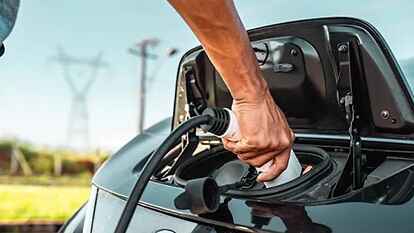
Financial Express
The Need for Recycling EV Lithium-ion Batteries to Sustain the EV Industry in India
News
Beyond environmental benefits, establishing a robust Lithium-ion battery recycling industry in India can numerous economic opportunities.
read more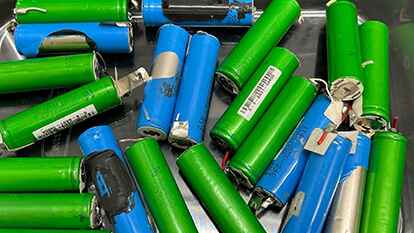
Times of India
Lithium-ion battery recycling and sustainability
News
Lithium-ion battery recycling entails a series of intricate steps, each playing a crucial role in transforming discarded batteries into reusable.
read more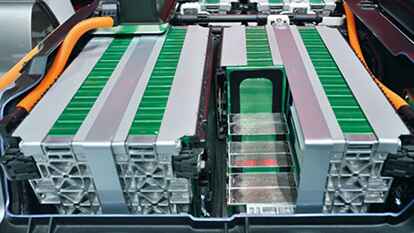
Times of India
EV Batteries and E-waste
News
Electric vehicles (EVs) have gained significant popularity in recent years due to their environmental benefits and lower operating costs compared to traditional combustion engine vehicles.
read more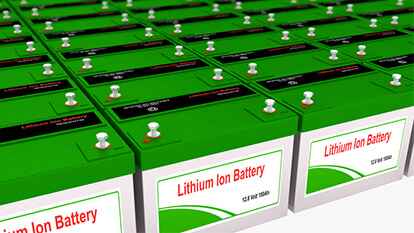
Euro News
Demand for lithium-ion batteries is unprecedented - but is mining the
News
To get the enormous mining operations in the frame, I chartered a small aeroplane and flew high above them Hegen.
read more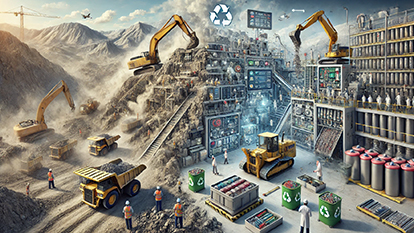
Economics Times
What should be India’s Lithium(Li) Ambition?
News
India is striving to establish reliable lithium supply to bolster its growing electric vehicle (EV) industry.
read more
EUAuto
India-EU collaboration boosts EV battery recycling startups
News
The discussion emphasised the importance of collaboration between Indian and European startups in EV battery recycling technologies...
read more
